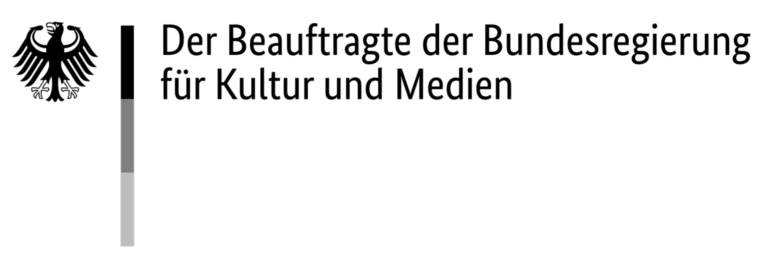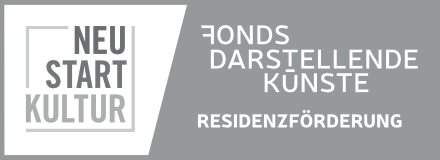
Logbook
By Ilya Khodyrev 4th week.
The final week of our research was the most intense. We summed up our findings and organized all the accumulated information. For several days, we discussed what we believed was important to showcase on the making-off day. By reanalyzing all the information, we were able to find answers to very important questions that arose naturally throughout the research process.
For the making-off presentation, we identified the theatrical means through which we could express the ideas and themes we deemed significant. We spent several days writing scripts. The most crucial task was to first explain to the audience, unfamiliar with the history of the Russian Federation, the entire cultural, social, political, and economic context in which people lived during the 1990s. This is important because without understanding that period, one cannot comprehend how Putin managed to establish such a successful totalitarian regime. It was essential to find a theatrical approach that would allow us to handle this task organically and easily. And we found it – the celebration of New Year’s Eve. New Year’s is the main holiday in Russia, a time when the whole family gathers together. We invited the audience to become part of our family and join us in the celebration. During the celebration, we interacted with the audience, showing them the surprises Russians received in the 1990s through gift boxes. Using videos, photos, documents, newspapers, and TV programs from those years, we immersed our guests in the atmosphere of that time.
Next, we set out to show what propaganda is, how it works, and most importantly, why it works. My personal goal was also to portray and justify the ordinary Russian, to explain why they think the way they do. I wanted to show the pain and loneliness of a person who has been humiliated, abandoned by the world and their own government, a person who has nothing left to hope for, someone who is in so much pain that they no longer trust anyone.
Each of us wrote a monologue, using methods that propaganda employs. The monologues turned out to be very different, but they all aimed to sow doubt in our guests. We used many personal stories,
intertwining them with facts, documents, and lies, resulting in four vivid examples of how propaganda can work in different ways.
Throughout the preparation for the making-off, we were busy editing a vast amount of various videos and gathering them. This was important because we chose the form of documentary theater for this project, which meant we needed evidence to support our statements.
As a result, we created a large archive of photos, videos, and documents that we intend to use for further development of the project. Additionally, in the theater foyer, we created a kind of installation, a museum, where visitors could familiarize themselves with the specifics of contemporary Russia.
The making-off day showed that much of what we had devised and discovered worked as we intended. Thanks to the audience, we received the necessary feedback, which was important because, to date, we do not have much experience interacting with European, particularly German, audiences, and that is precisely the audience for whom the future performance is intended.
In the end, I can say that we had a very productive month and accomplished a significant amount of work that would have been impossible without this grant.

flausen+headquarters
Alexanderstraße 124
26121 Oldenburg
flausen+gGmbH
Klävemannstraße 16
26122 Oldenburg
Das überregionale Netzwerk flausen+ wird gefördert von dem Beauftragten der Bundesregierung für Kultur und Medien über das Programm “Verbindungen fördern” des Bundesverbands Freie Darstellende Künste e.V.
Gefördert vom Fonds Darstellende Künste aus Mitteln des Beauftragten der Bundesregierung für Kultur und Medien im Rahmen von NEUSTART KULTUR.
Gefördert vom Fonds Darstellende Künste aus Mitteln des Beauftragten der Bundesregierung für Kultur und Medien.



